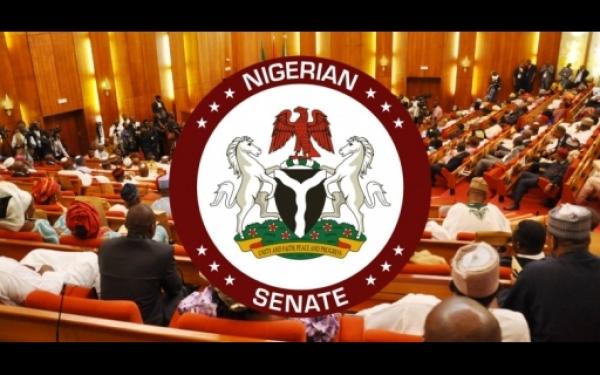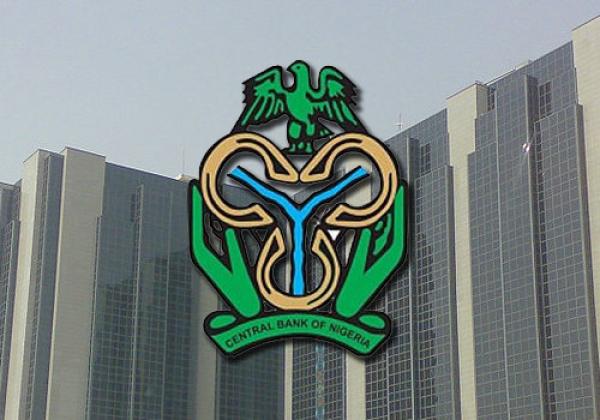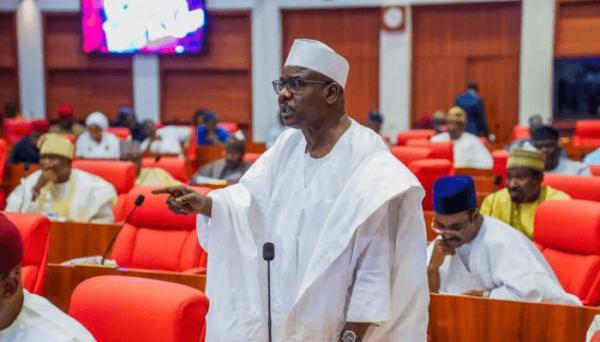
The Central Bank of Nigeria (CBN) and banks agreed on Tuesday to increase the amount of weekly dollar sales from banks to Bureau De Change (BDC) operators from $30,000 to $50,000, in a new measure to spur liquidity and help the local currency.
The CBN had last month directed agent banks of approved International Money Operators to sell foreign currency accruing from such inward money remittances to licenced BDCs.
UBA Chief Executive Officer, Kennedy Uzoka, said after the bankers’ committee meeting yesterday in Abuja that the regulator and operators reviewed the FX regime and decided to raise the amount to $50,000 to meet heightening demand for school fees, PTA and BTA especially at this time.
“CBN and the Bankers Committee reviewed the present foreign exchange situation and being a responsive body, and knowing that increasing the amount that BDCs get will deal with the issues at hand today, especially as people are going back to school, and have other responsibilities to travel abroad during this period.
“Do we say let’s hold on to our position when we know the reality? My view is that we shouldn’t do that, and that was the considered position of the Bankers Committee at the meeting today,” Uzoka explained, briefing on the outcome of the meeting.
“We believe that this development will make more cash available to the BDCs and increase the supply and this will help drive down price,” he added, assuring that the committee would continue to respond, as long as it is necessary to move the economy to the desired goal.
Tokunbo Martins, director, Banking Supervision of the CBN, who also briefed on the outcome of the meeting, further clarified that the banks’ Non-Performing Loans which she directed that they write-off their books recently, have already been fully provided for.
Martins had in a statement a week ago, granted local commercial lenders a one-off forbearance to write-off their fully provided for non-performing loans (NPLs) without waiting for the mandatory one year, citing current macro-economic challenges which have also impacted their balance sheets.
Responding to BusinessDay question on whether the industry’s rising bad assets were discussed at the meeting and how much has been written off so far, Martins said, “we say that banks should write off the NPLs, it’s important to clarify that they are Non- Performing Loans that have been fully provided for.
“So that means that they have taken that quantum of NPLs out of their profits already before they are written off. So it’s not just an arbitrary write-off of non-performing loans.”
Martins also said another decision taken at the meeting, was for the banking industry to deploy some special funds domiciled at the CBN to expand low interest lending to critical sectors that will help revive the ailing economy.
Martins recalled that some time ago, the CBN took from the banks’ cash reserves, special sums of money which she called a special intervention fund.
She said the fund has been with the CBN for some time, and has not been disbursed.
“But there were some discussion around it and the agreement was that those funds would be disbursed to support primary agricultural projects, core manufacturing in the sense that it supports import subsector, that will help preserve foreign exchange, so that whatever we were importing before can be manufactured here,” she explained.
“The funds will only be released just to those kinds of projects,” Martins insisted.
“We see some ease in the industry, more liquidity and important projects will be able to get financing at a lower interest rate.”






















